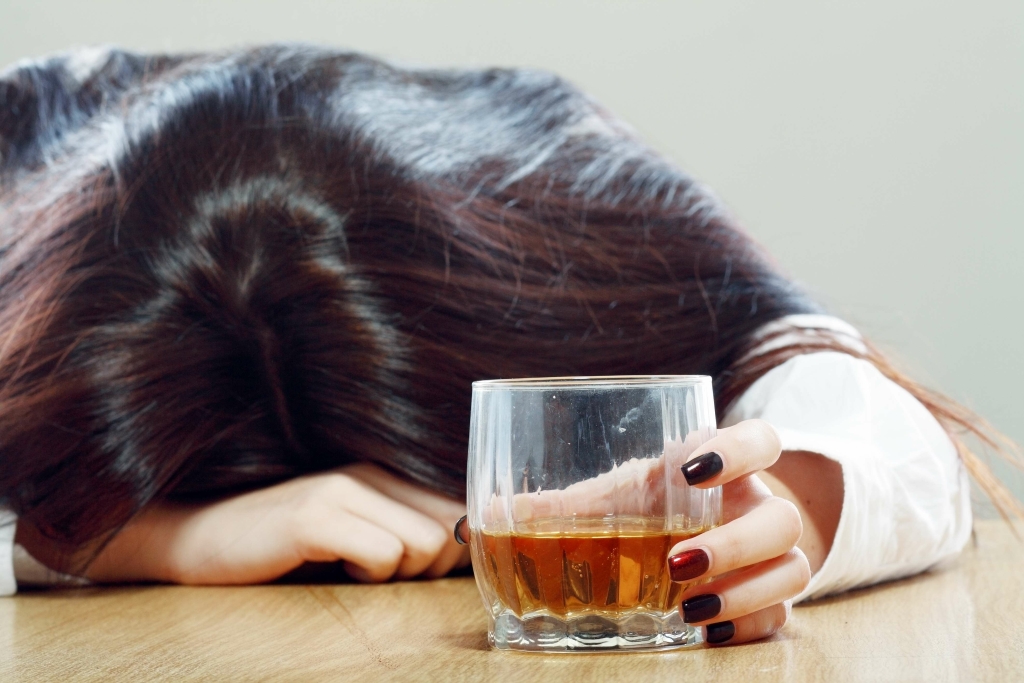Quitting Alcohol Timeline: What to Expect in Weeks 1-3
End-Stage Alcoholism: Signs, Symptoms, and Treatment
July 15, 2022How to Write an Effective Grant Application
February 8, 2023This can lead to withdrawal symptoms, including anxiety, tremors, sweating, and nausea. Symptoms of alcohol withdrawal can range from mild to severe. As you spend less time and energy managing https://ja.adventisteguyane.org/mattapan-ma-drug-alcohol-rehab-centers-2/ physical symptoms, you may be wondering – what do I do with all this free time I used to spend drinking or recovering from drinking?
- If you have a medical emergency, call your doctor or 911 immediately.
- When drinking on naltrexone, it’s less likely that dopamine levels will ramp up and that you’ll continue drinking to excess once you’ve started.
- Writing your thoughts and feelings down on paper will help you to understand why you’re drinking and when.
- You might be surprised to find that you don’t need alcohol to enjoy certain events and previously would drink out of habit.
- If you have a moment of weakness, analyze it with the same professional objectivity you’d bring to a work project.
Admit that you’re afraid
It is never a good idea to stop cold turkey or try to detox alone. Completing a medically supervised detoxification protocol within a licensed detox facility is the safest and most effective way. One of the surprising side effects of giving up alcohol is that your skin may start to look better.
Day 25
If you’ve been drinking for a while, you will probably be surprised by how much being sufficiently hydrated improves your health. Chronic dehydration can affect how you feel, how your skin looks, your hair quality and your overall well-being. By the first week after stopping alcohol, you will be more hydrated. The effects of being well-hydrated will continue to build, having more positive results as you continue sobriety.
Create an Alcohol-Free Wind-Down Plan
Talk to a doctor about your personal history and what’s right for you. “For patients who are left with cirrhosis after severe injury to the liver from alcohol, even one drink of alcohol is toxic to the liver,” cautions Dr. Lindenmeyer. Learn how to get control or stop drinking with this mental model called First Principles Thinking. Helping business-owners and professionals get control of their drinking. It’s millions of other women that reach for the wine bottle to “relieve” stress.

Lifestyle Quizzes
It kills more than 3 million people each year, causes more than 200 diseases and shortens our lifespan, yet alcohol is legal, accessible and socially acceptable (1). We think nothing of downing a glass of wine after a tough day or going for a quick beer after work. At weddings, funerals, parties or on holiday, there’s always a reason to pour another drink. But when that occasional pleasure becomes a daily habit, drinking alcohol can easily become a dangerous addiction. While it may not be something you perceptibly notice, one huge health benefit from stopping alcohol will occur by your third week of not drinking.
Are you Ready to Change?
Diseases like pneumonia and tuberculosis are more frequent in individuals who chronically drink. Generally, light to moderate drinkers should plan to taper for a week or more. The Feel Amazing App gives you everything you need to make that shift.
- Seeing and tasting the finished result is rewarding in itself, and cooking with friends can help to build those meaningful connections in life.
- Trained specialists will help you better understand your habits and patterns of behavior and how to commit to new ones.
- Start by identifying one trigger or routine you can modify this week.
- The best relapse prevention is staying busy, staying away from old drinking environments, and making sober friends.
- If you’re ready to stop drinking and transform your relationship with alcohol, know that you’re not alone.
These alternatives provided the ritual and familiarity I was accustomed to, minus the alcohol. Your mind and body won’t be ready to just go ‘cold turkey’ overnight. In fact, it’s incredibly dangerous to suddenly stop drinking. Be SMART (Specific, Measurable, Achievable, Realistic and Timely). You can start small and add to your list the more you progress. A specialist alcohol rehab clinic like Delamere can make this process much easier and work with you to achieve your goals.

This fear gives you a healthy respect for the process and ensures that you take it seriously. It doesn’t matter what you’re specifically afraid of, but you must acknowledge that you ARE afraid. One small drink won’t set your beer after work progress back too much, but it will be harder to get back on track if you drink yourself into oblivion.
Liver
- I’m not just referring to how I behaved while under the influence, but my general demeanor, reputation, and options for life were all begging for a massive change.
- Going from a life of drinking to a life in recovery from alcoholism can be challenging.
- In my journey from Marketing Director to VP of Marketing, I discovered that alcohol was the invisible barrier holding me back from reaching my full potential.
- It’s common for the first symptoms to appear within a few hours after your last drink.
- Checking in with another person in your life who’s trying to stop drinking can certainly help you ride out a craving with someone who understands.
For instance, you might write a list of reasons why you want to stop drinking alcohol and read it. Your doctor will want to know if you have any mild itching, numbness, a pins-and-needles feeling, or burning. Itching is also linked to hallucinations from alcohol withdrawal. As you go through alcohol withdrawal, let your doctor know how you’re feeling, both physically and mentally. Doctors will monitor your symptoms and risk for alcohol withdrawal complications.
Professional Benefits of an Alcohol-Free Life

Most of this inflammation will be gone by drug addiction your fourth week of abstinence. While any scarring caused by liver inflammation (called cirrhosis) will be permanent, the effects of inflammation itself will be almost completely resolved by week four. If you feel comfortable doing so, discuss your challenges with your primary healthcare professional. Finding a therapist can also be a great starting point if you’re uncomfortable opening up to your healthcare professional. What’s most important is to look at your drinking habits and find a way to cut back that works for you.
You May Have Trouble Sleeping
However, you should speak to your healthcare provider about what dosage is right for you to take. Some people may need to take a higher dose to feel the effects of naltrexone. Alternatively, others adjust their dosage in order to avoid side effects. Although naltrexone is generally well-tolerated, some side effects like headaches and nausea can occur for some individuals. Your physician can adjust your dosage in order to minimize side effects.
